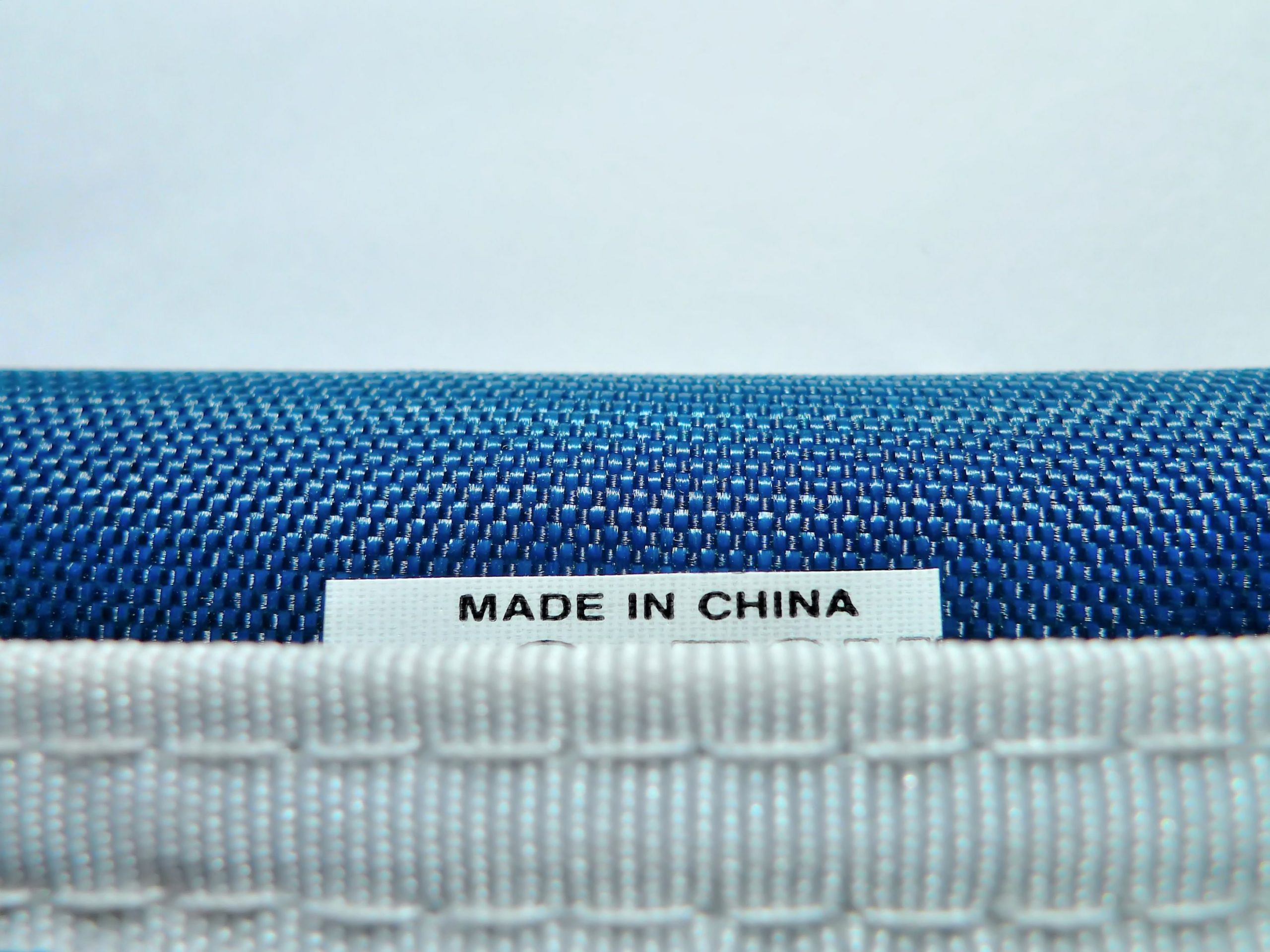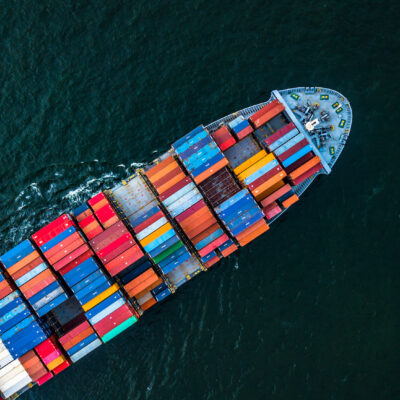
Taking the side of ancient particularity in its long-standing quarrel with modern universalism, I warned in a July Commons post against the temptation to orient American policy towards China around the moralizing language of human rights that has dominated international discourse since the Second World War. Outrageous and inhumane as the tyranny of the CCP regime is, to prosecute it as a criminal in the name of laws of nations and rights of man is to set America up once again as world police. Many of our policy-makers, of course, have no objection to that position and have pursued such a role for the country without relent. But the record of the last three decades is clear, the commitment to liberal internationalism enabled China, in the mistaken hope that its emerging middle class would demand liberalism, to grow into the U.S.’s chief global rival.
Rebuilding the American middle class must be the first priority of American leadership in repairing the damage of this blunder. Putting American labor before Uighurs and Hongkongers is the just decision in a nation constituted of, by, and for The People, and America’s governing class—tempted though they may be to grandstand about our goodness by loudly condemning a country which they granted most-favored-nation status—must not continue to forget whom they are supposed to serve. But not only is it the right course to plot, it is sound foreign policy.
Skeptics of industrial-policy talk are wont to ask for the objective measures of successful intervention in American industry. Of course, we could tell them all sorts of obvious indicators: Anyone would hope that, along with wages, things like life-expectancy, birth rates, and marriage rates would go up, and, along with unemployment—especially for Americans without college degrees—things like overdoses, suicides, and single-parent homes would go down. But additionally we might say that evidence of a healthy industrial economy would be confidence in our ability to win a war with a nation of more than a billion people.
No one should want the slaughter a total war with China would represent, even setting aside nuclear weapons and the threat of mutually assured destruction, or at least incomprehensible devastation, represented by such a prospect. Assuming the maintenance of MAD, a full-scale war seems improbable for now. But si vis pacem, para bellum: “if you want peace, prepare for war.” Some kind of confrontation appears ever more likely, and will surely test our capacities more than we can anticipate.
The fundamental question is the relationship between a country’s money and its ability to turn said money into what it wants. Usually people buy things. Supply chains, then, are the obvious issue, and as the Covid-19 crisis has made clear, they are much more precarious and much more reliant on China for all sorts of basic things than many people had ever considered. If there is a conflict in the Pacific, with China, it doesn’t matter how much money we have to spend on materials manufactured in China; we’re not getting them. We will have to build the stuff here. George Kennan and his peers measured military capacity by national product because, before globalism as we know it, there was a tight and physical relationship between a country’s GNP and its building tank battalions and battleships. But as protective policies were eliminated and our economy financialized and globalized that relationship between wealth and production capacity has become attenuated.
We can wait to invest in and mobilize an American manufacturing base for another crisis like Covid or a large-scale war. But why wait? Sending the big line up on the NYSE should not be any government’s top priority. Thriving assumes surviving, and as the world enters a new era of multipolarity, we should take stock of the limits of the global economy. Liberal internationalism sought to build a network of institutions and markets that would preserve world peace and prosperity atop a foundation of faith in an inherent human desire for freedom as Americans understand it. What we thought was universal appears not to be, and complex systems break. It is time to work on being antifragile, to build the economic independence that can grow, not just limp along, in the midst of world crises.
The strategies of interventionism and economic interdependence typical of the last few decades of failed global policy would, detached from dreams of a liberal democratic world order, work quite well in stabilizing the Western Hemisphere. Power projection and cultural challenges are different here. As China continues to grow and Russia and Europe chart new courses, the United States has a chance to recommit to its historic core interest of ordering and economically growing the Western Hemisphere, as well as maintaining primary control of Atlantic and Pacific sea trade. We wasted our moment in the sun as the unipole, the world hegemon, and now the grand object must be to face whatever reality comes, prepared to preserve that minimum independence guaranteed by regional and naval dominance.
Praying for peace, what all that means right now, for industrial policy, is taking a long look at American manufacturing and production capacity and asking a question: What would need to change so that when the next crisis arrives, if it shuts down the oceans and the skies, we could simply do more of the same? Food, medicine, heavy materials and machinery, advanced technology, we should be able to make it all for ourselves, North and South Americans.
Recommended Reading
China and Civic Piety
The Chinese Communist Party’s efforts to eradicate the Uighur Muslim population in favor of the Han majority are horrifying. Programmatic abortions and sterilizations, slave labor, and “re-education” camps recall atrocities of the past. At the same time, the CCP’s ambitions for Hong Kong outrage westerners committed to liberty and the rule of law. And its record for the treatment of prisoners and religious dissidents is miserable.
The Case for a Hard Break With China
In Foreign Affairs, Oren Cass and Gabriela Rodriguez make the case for why economic de-risking is not enough
Policy Brief: End “Permanent Normal Trade Relations” with China
Reclaiming control of U.S. trade policy












